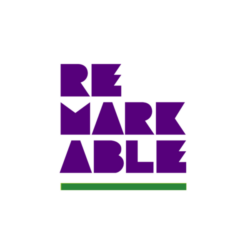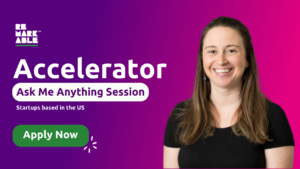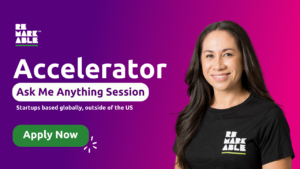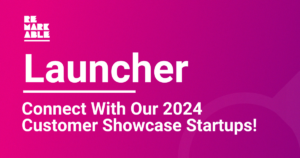PolySpine is a torso and head support system, that enables people with physical disability to live life to the fullest.
Founders Clint and Riley Saban worked together to create Polyspine, a customisable, wearable head and torso support system. It provides comfort and support in wheelchairs for people with moderate to severe physical disability. Polyspine also provides the opportunity to take part in new rehabilitative and recreational activities outside of the wheelchair with numerous attachments all compatible with the PolySpine support system.
Tell us about your startup. What’s the problem you’re solving for people with disability?
There are people all over the world living with a moderate to severe physical disability, and often their accessibility requirements restrict the activities they’re able to participate in. We believe that everyone should be able to experience what the world has to offer; so that’s why we’ve developed a wearable head and torso support system enabling these people to participate in new activities.
What inspired you to start this?
Our Co-founder, Riley, was born with Grade 5 Quadriplegia Cerebral Palsy, with Dystonic Movements, and needs physical support for his upper body and head. Riley’s Co-founder and dad, Clint and Riley’s family, friends and community have always been inclusive and made sure Riley has every opportunity to experience new activities. Unfortunately, due to the environment around him, this is not always possible. Clint’s determination, innovative ability and talent have allowed him to create solutions to allow Riley to participate in various activities at his best ability. This is where PolySpine began – a powerful father-son relationship, and an eye for innovation. The two worked together to create a solution that provides people with moderate-severe physical disability with torso and head support, and enable them to participate in new physical activities.
What’s the biggest challenge you’re facing with building your startup and how do you think Remarkable can help you overcome this challenge?
The medical technology industry seems to play by different rules than other industries; specifically when it comes to regulations and standards that need to be met. This isn’t a bad thing, it’s just a little difficult to navigate at first. Remarkable has been really helpful in providing us with the resources and contacts that are able to guide us through this process.
What have been the highlights of your Remarkable experience so far?
Definitely all of the people we have met. It feels like every day we are meeting more and more people who are extremely knowledgeable, passionate and well experienced; each of them providing valuable insight and advice. It’s inspiring to meet a group of people who are excited about creating social impact.
Do you have any tips for startups who are trying to get on an accelerator program?
Really try to understand what problem you are trying to solve and who has this problem. It makes everything a lot clearer in knowing how to develop your solution, how to get it to market, setting up your financial and development plan, etc. To do this, just get out there and talk to potential customers/users, and most importantly, listen to them! It’s amazing how valuable their insights are in your early startup days.



